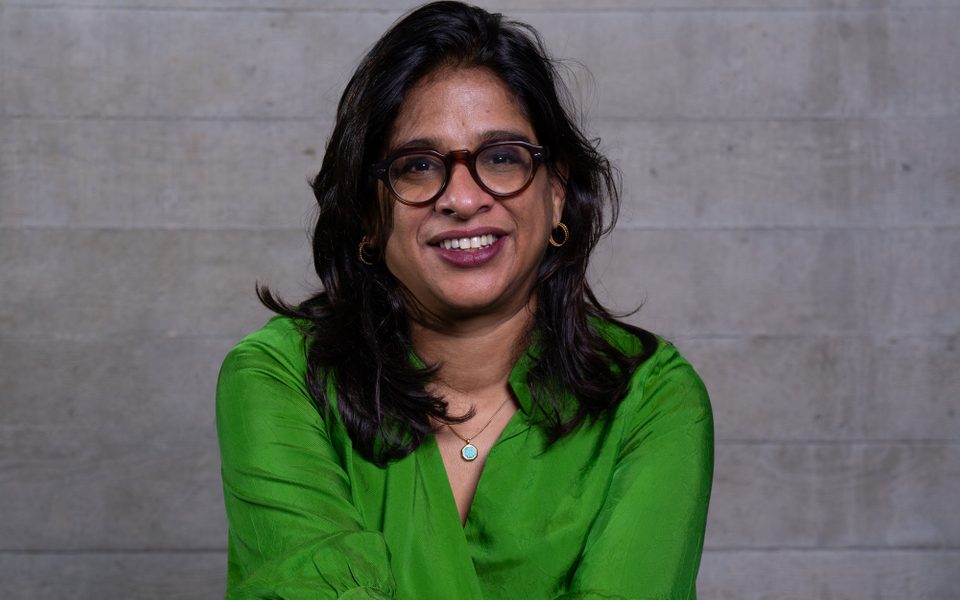
Photograph: National Theatre.
The Royal National Theatre, a landmark London venue, has appointed British Tamil Indhu Rubasingham as its artistic director – making her the first female to hold the post in its 60-year history.
“It’s a huge honour to be appointed Director of the National Theatre,” said Rubasingham. “For me, this is the best job in the world.”
Her appointment has won praise from across the board, ranging from the theatre’s Executive Director Kate Varah who said Rubasingham is “someone I deeply admire as an artist and as a leader” to the Guardian's chief theatre critic Arifa Akbar who said she “will bring experience, passion, canny ability – and the magnificently unexpected – to her new post”.
Rubasingham is a British Tamil who was born in Sheffield in 1970, after her parents had left Sri Lanka.
“The National has played an important part in my life – from tentative steps as a teenage theatregoer, to later as a theatre-maker,” she continued. “To have the opportunity to play a role in its history is an incredible privilege and responsibility. Theatre has a transformative power – the ability to bring people together through shared experience and storytelling, and nowhere more so than the National.”
In 2012, Rubasingham became the first woman of colour to lead a big London theatre, when she was appointed artistic director at The Kiln – then known as the Tricycle Theatre – in North-West London.
She has won a host of awards including an Olivier Award for her production of Moira Buffini’s Handbagged and was awarded an MBE in 2017.
National Theatre chair Sir Damon Buffini said she had "a proven record of strong leadership and artistic success, alongside a commitment to bringing theatre to diverse audiences and broadening access to creative education".
